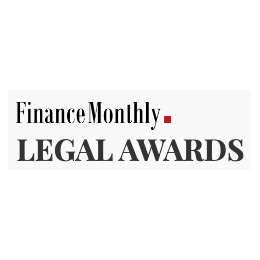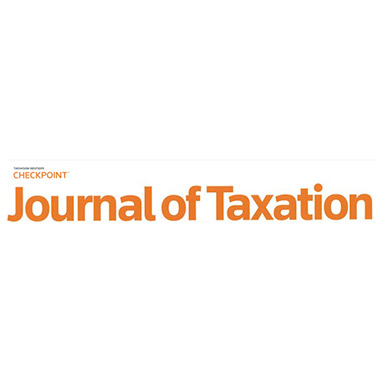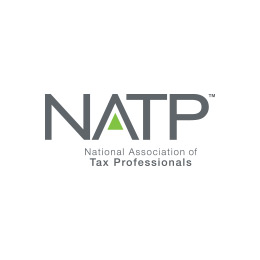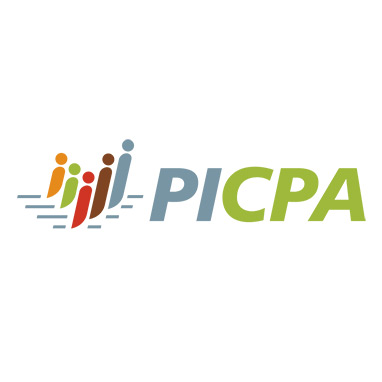Understandably, individuals who failed to report their taxes would want to fix the mistake without drawing too much attention. While some taxpayers might turn to quiet disclosures to avoid the consequences, this approach is fraught with risks and potential legal repercussions.
Correcting quiet disclosures involves addressing unreported income or incorrect tax filings with the IRS. The process can be extremely complex and requires a thorough understanding of tax laws and regulations to prevent exposure to the worst penalties. Our team has this knowledge and can use it to help you. Quiet disclosures will be seen as intentional tax evasion, but the IRS offers a few programs to regain compliance. We can help you choose the one that is right for your case.
To receive a free case review, contact our attorneys for fixing quiet disclosures at McCormick Tax Law by calling (215) 630-0861.
Understanding Quiet Disclosures on Unreported Taxes
Quiet disclosures are a tax reporting practice where individuals quietly amend past tax returns to include previously undisclosed income or offshore assets. This practice is in contrast to the formal Voluntary Disclosure Program (VDP) or the Streamlined Filing Compliance Procedures offered by the Internal Revenue Service (IRS), which require formal notification to the IRS.
Quiet disclosures differ from the standard process of amending a tax return because they do not involve notifying the IRS of the potential tax compliance issue. However, this practice is not without serious risks. That is why you should consult our experienced attorneys for fixing quiet disclosures if you have tried to make informal amendments to your taxes. The IRS has been scrutinizing quiet disclosures intensely over the last few years, and if detected, it might result in severe civil penalties, audits, or even criminal prosecution.
Potential Penalties for Making Quiet Disclosures
The IRS uses various methods to identify quiet disclosures. These methods include matching amended returns with reports of foreign bank accounts and looking for patterns of non-compliance. Once identified, the IRS might impose civil penalties for underpayment of taxes and failure to file certain informational returns like the FBAR or FACTA.
Under 26 U.S. Code § 6662, an accuracy-related penalty can be imposed on the portion of an underpayment of tax because of negligence, disregard of rules or regulations, or substantial understatement of income tax, among other factors. If the IRS determines that a taxpayer has intentionally underreported or fraudulently submitted taxes or failed to show good faith, this penalty can be as high as 50% of the underpayment. Keep in mind that this penalty is in addition to the unpaid taxes and interest due.
In cases of willful non-compliance, criminal charges might also be brought, which can result in imprisonment. For example, in 2015, a businessman was convicted of failing to file his taxes after the IRS discovered his quiet disclosures. He was sentenced to four months in federal prison in addition to the $250,635 civil penalty he was ordered to pay.
The Voluntary Disclosure Program Can Help Fix Quiet Disclosures
The Voluntary Disclosure Program enables taxpayers with undisclosed foreign assets or income to come forward and rectify their situation without facing severe legal consequences. This program serves as a means to encourage compliance and aims to minimize the potential penalties associated with non-disclosure.
Qualifying for the Voluntary Disclosure Program
To qualify for the Voluntary Disclosure Program, there are several criteria that you need to meet. First, you must not be under any civil examination or criminal investigation by the IRS at the time of application. Second, the IRS must not have already received any information from a third party that would alert them to your non-compliance.
To begin the process, you will need to submit a pre-clearance request to the IRS Criminal Investigation Division. This request will initiate a review of your eligibility for the program. If pre-clearance is granted, you must submit a voluntary disclosure letter and attachments to the IRS. This letter should provide all relevant information about your undisclosed income or assets.
In addition to the letter, you will also need to submit complete and accurate amended tax returns and Reports of Foreign Bank and Financial Accounts (FBARs) for the voluntary disclosure period. To ensure successful participation in the program, it is important that you fully cooperate with the IRS in determining your correct tax liability. You must also make good faith arrangements to pay the full amount of tax, interest, and penalties as determined by the IRS.
Finally, you will need to sign a closing agreement, Form 906. This agreement formalizes the terms of the voluntary disclosure and includes an agreement to the imposed penalties.
Benefits of the Voluntary Disclosure Program
The program offers several benefits to participants. It allows taxpayers to come clean with the authorities and avoid any potential criminal consequences associated with willful non-compliance.
Furthermore, participating in the program provides certainty regarding the total cost of resolving past tax non-compliance. This means that the IRS outlines a specific penalty structure for participants, often resulting in significantly lower penalties than if the IRS discovered the non-compliance independently.
The Streamlined Filing Compliance Procedures Can Also Help Fix Quiet Disclosures
Launched in 2012, the Streamlined Filing Compliance Procedures were created by the IRS to provide U.S. taxpayers residing both domestically and abroad a streamlined method to report previously undisclosed offshore assets and income. The program’s primary goal is to encourage compliance with U.S. tax laws while reducing the burden on taxpayers who fail to disclose foreign assets because of non-willful conduct.
Eligibility Requirements
To be eligible for the Streamlined Filing Compliance Procedures, individuals must certify that their failure to report foreign financial assets and pay all taxes due was because of non-willful conduct. Non-willful conduct is typically defined as conduct caused by negligence, inadvertence, mistake, or conduct resulting from a good-faith misunderstanding of the law.
Applying for the Streamlined Filing Compliance Procedures
The Streamlined Filing Compliance Procedures is comprised of two separate procedures: the Streamlined Domestic Offshore Procedures (SDOP) and the Streamlined Foreign Offshore Procedures (SFOP), which cater to U.S. residents and non-residents, respectively.
While the general steps for applying both procedures are similar, there are some key differences that taxpayers need to be aware of. For instance, both procedures require taxpayers to file amended tax returns for the last three years and report any unreported income from foreign assets during that time. Also, taxpayers must file FBARs for the last six years.
Additionally, taxpayers must also complete and sign a certification stating that their failure to disclose was because of non-willful conduct. Finally, taxpayers applying to SDOP need to pay a miscellaneous offshore penalty. However, participants in the SFOP are exempt from this penalty.
Our Attorneys for Fixing Quiet Disclosures Can Help You Get Back into Compliance
For your free case evaluation, call our attorneys for fixing quiet disclosures at McCormick Tax Law at (215) 630-0861.










